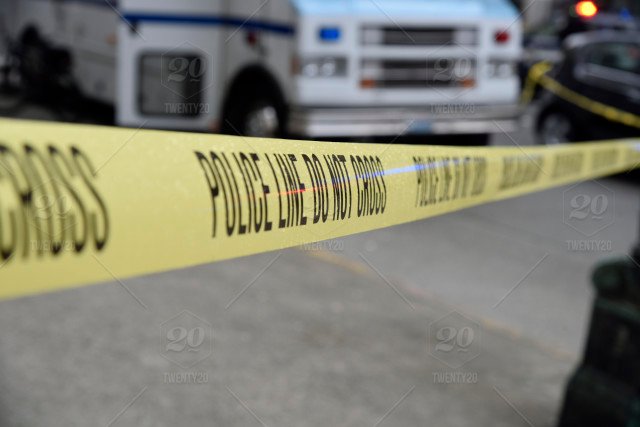
Photo source: pexels.com
Crime is defined in the Encyclopedia Britannica as the intention commission of an act usually deemed socially harmful and dangerous, and specially defined, prohibited and punishable under criminal law. Violence is defined by the World Health Organization as "the intentional use of physical force or power, threatened or actual, against oneself, another person, or against a group or community, which either results in or has a high likelihood of resulting in injury, death, psychological harm, maldevelopment, or deprivation;"
All crimes are not put in the same category but are classified according to the seriousness of it; each type od crime having its own legal requirements, fines and sentences. Categories include infractions, misdemeanors and felonies.
Crime and violence is a threat to peace, public safety, health and well-being, and economic stability of individuals and communities. Everyone is affected by crime, but not everyone is a victim of crime. Government ministries, educational institutions, community organization agencies, the courts, the media, and the public all have some corresponding roles and functions towards combating or preventing crime.
At the community level, three strategic and multifaceted approaches can be applied in combating crime; these include:
- Utilize educational institutions and community organization agencies to initiate intervention by:
• Promoting programmes where alternative choices are explored within the context of parenting intervention, family intervention, health and wellbeing campaigns, and early childhood education.
• Public debates can be coordinated around topics within crime and violence to explore its social, contemporary historical, economic, and political influences.
• Initiating volunteering programmes for participants most likely to be influenced, targeted or recruited by criminals, and offer scholarship opportunities for them.
• Training and appointing community mediators in justice centers to effect alternative dispute resolution. Offer soft-skills training, behavioral therapy and trauma counselling, in addition to job skills training to break the cycle of violence preventing reprisals by those affected.
• Promoting a culture of tolerance and respect when non-violent communication and language is adopted within school curricula, extra-curricular activities and local competitions, especially to be utilized within community centers to facilitate better social interaction with law enforcement.
• Promoting self-reliance of families and schools by motivating them to engage in agriculture (e.g. fish, dairy, poultry and medicinal plant farming), energy harvesting using solar panels, water harvesting inclusive of water filtration technologies. - Combine efforts of private sector organizations to pro-actively reduce youth illiteracy, juvenile delinquency by:
• Offering internship opportunities to pre- and post- tertiary level students. Cash and gift contributions can be used to sponsor competitions in the creative arts, literature, mathematics, scientific projects, and academic attainments of students.
• Sponsoring public health initiatives either free or at a reduced cost to the public, where blood tests and mental health screening can be conducted on population at risk for drug abuse, so that those affected can be promptly and effectively medicated. - Facilitate heads of households in monitoring family members and neighbors by:
• Being on the lookout for suspicious activities in key locations, and integrating technological devices in monitoring programme, and making follow up reports of such activities to law enforcement.
• Installing software on Internet devices to block children from exposure to media posted on social media by extremists to promote violence.
Thanks for reading:
@gosmart
I agree